Colocation Data Centers: What to Know

Colocation data centers offer secure, reliable, and scalable solutions for storing and managing your organization’s critical data. By leveraging these facilities, you can benefit from enhanced security measures, reduced operational costs, and the flexibility to scale your IT infrastructure as your business grows. Here’s why you should consider them for your organization’s data storage.
Understanding Colocation Data Centers
Colocation data centers — also called colo data centers — are facilities that house multiple servers and IT infrastructure for different organizations within a shared space. Renting space in a colocation facility allows you to own your servers while relying on the facility’s infrastructure, including power, cooling and network connectivity.
Difference Between Colocation Data Centers and In-House Data Centers
While colocation data centers and in-house data centers serve the same purpose of data storage and management, they have several key differences.
Ownership and management: Your organization owns and is fully responsible for its in-house data center, including the building, power and security. With a colo data center, on the other hand, you outsource the responsibility for the physical infrastructure of the location while retaining ownership of the hardware.
Infrastructure costs: Your in-house data center is completely paid for and maintained by your organization. If you use a colocated data center, the owner of the data center is responsible for infrastructure costs and maintenance.
Location: Your in-house data center resides on-premises or in your dedicated facility. Conversely, colocation providers offer data centers in multiple locations, so you can choose a facility that best suits your needs.
Advantages of Colocation Data Centers
Data colocation centers have several additional advantages over building and managing your own on-premises data center:
- High availability: Colocation data centers offer high availability and uptime due to redundant power supplies and multiple network connections.
- Scalability and flexibility: Datacenter colocation provides scalability and flexibility, allowing you to easily expand your server space within the facility without construction or infrastructure expenses.
- Additional services: Colocation providers often offer a range of additional services, such as remote support, managed security and disaster recovery solutions.
- Cost savings: Colocation eliminates the capital expenditure required to build and maintain an in-house data center facility.
- Disaster recovery: Colocating your IT infrastructure in a secure, offsite data center can be part of an effective disaster recovery and business continuity strategy.
What to Consider When Choosing a Colo Data Center
Here are several key factors to consider when selecting a colo data center for your organization.
Location and Infrastructure
The colocation data center should be geographically close to your organization’s headquarters or main operations to minimize latency. Assess the facility’s power redundancy, cooling systems and uptime guarantees—such as Tier III or Tier IV certification.
Security Measures
Colo data centers typically have multiple layers of physical security to prevent unauthorized access, such as restricted access to the premises, access controls like key cards or biometric authentication and surveillance cameras. Additionally, they have comprehensive network security measures like firewalls and intrusion detection systems.
Redundancy and Reliability
Colocation facilities provide uninterrupted service with redundant power supplies and backup generators to ensure that your servers remain powered, while multiple network connections prevent any single point of failure. They also have advanced cooling systems to prevent servers from overheating and failing, while environmental monitoring systems detect anomalies, such as temperature fluctuations or water leaks.
Cost Considerations
The pricing structure of colocation services can vary depending on factors such as space requirements, power consumption, network bandwidth and additional services. Evaluate the overall cost, including upfront expenses and ongoing operational costs, along with your organization’s needs and choose a datacenter colocation that offers the right combination of services and pricing.
While colocation data centers may require an initial investment to establish your server infrastructure within the facility, outsourcing infrastructure management can reduce the costs associated with building and operating an in-house data center.
Compliance and Certifications
If your industry has specific regulatory requirements such as the Health Insurance Portability and Accountability Act (HIPAA) or the Payment Card Industry Data Security Standard (PCI-DSS), ensure that the data center is compliant and certified.
Your Partner in Data Storage and Management
Colocation data centers offer flexibility and cost savings and can be a sound decision for your business. Partnering with OneNeck IT Solutions for colocation options allows you to choose the colocation services that best meet your organization’s needs and select from several data centers around the country. OneNeck’s facilities are optimized for performance and dependability and provide industry-leading security to protect your assets from natural disasters and other threats. Learn more by reading about OneNeck’s colocation data center services.
Additional Resources:




